Sidebar
Self-hosting
 codeberg.org
codeberg.org
>Beneath the dark and uncertain clouds of bigtech, hidden among the declassed byte workers and the false technological prophets who with siren songs offer their digital services to "facilitate" digital life, rises an anarchic and countercultural community that seeks to reclaim the Internet and fight against those who squeeze our identity in the form of data to generate wealth and advertising for mass social manipulation and cohesion. Navigating the network of networks, with a small fleet of self-managed servers, geographically distributed yet cohesively united by cyberspace, the self-hosting community emerges as a way of life, a logic of inhabiting the digital, a way of fighting for an open, human network, free from the oligarchy of data. >To the naturalization of the already crystallized phrase "the cloud is someone else's computer" we add that this "someone else" is nothing more than a conglomerate of corporations that, like a hungry kraken, devours and controls the oceans of cyberspace. Against this we arm ourselves in community action, direct and self-managed by and for those of us who inhabit and fight for a more sovereign and just Internet. Our objectives are clear, and our principles are precise. We seek to break the mirage and charm that these beasts imposed at the point of ISPs and blacklist and we promote the ideal of an organized community based on their computing needs without the intermediation of outlaws and byte smugglers. >The big tech companies disembarked on the net with a myriad of free services that came to replace standards established during years of work among users, developers, communities, technocrats and other enthusiasts of the sidereal tide of cyberspace. By commoditizing basic Internet services and transforming them into objects of consumption, they led us to their islands of stylized products, built entirely with the aim of commercializing every aspect of our lives in an attempt to digitize and direct our consumption. Sending an email, chatting with family and friends, saving files on the network or simply sharing a link, everything becomes duly indexed, tagged and processed by someone else's computer. An other that is not a friend, nor a family member, nor anyone we know, but a megacorporation that, based on coldly calculated decisions, tries to manipulate and modify our habits and consumption. Anyone who has inhabited these digital spaces has seen how these services have changed our social behaviors and perceptions of reality, or will we continue to turn a blind eye to the tremendous disruption that social networks generate in all young people or the absurd waste of resources involved in sustaining the applications of technological mega-companies? Perhaps those who praise the Silicon Valley technogurus so much do not see the disaster of having to change your cell phone or computer because you can no longer surf the web or send an email. >If this is the technosolutionism that crypto-enthusiasts, evangelists of the web of the future or false shamans of programming offer us, we reject it out of hand. We are hacktivists and grassroots free software activists: we appropriate technology in pursuit of a collective construction according to our communities and not to the spurious designs of a hypercommercialized IT market. If today the byte worker plays the same role as the charcoal burner or workshop worker at the end of the 19th century, it is imperative that he politicizes and appropriates the means of production to build an alternative to this data violence. Only when this huge mass of computer workers awaken from their lethargy will we be able to take the next step towards the re-foundation of a cyberspace. >But we do not have to build on the empty ocean, as if we were lost overseas far from any coast; there is already a small but solid fleet of nomadic islands, which dodge and cut off the tentacles of the big tech kraken. Those islands are the computers of others, but real others, self-managed and organized in pursuit of personal, community and social needs. Self-hosting consists of materializing what is known as "the cloud", but stripped of the tyranny of data and the waste of energy to which the big tech companies have accustomed us. They are not organized to commoditize our identities, but to provide email, chat, file hosting, voice chat or any other existing digital need. Our small server-islands demonstrate that it is possible to stay active on the network without the violent tracking and theft, nor the imposed need to constantly replace our computer equipment: the self-hosted services, being thought by and for the community, are thought from the highest possible efficiency and not the immoral waste that directly collaborates with the climate crisis. >For this reason, we say to you, declassed byte workers, train yourself, question yourself, and appropriate the tools you use in order to form a commonwealth of hacktivists! Only between the union of computer workers and the communities of self-hosting and hacktivism we will be able to build alternatives for the refoundation of a cyberspace at the service of the people and not of the byte oligarchy. >But we need not only the working masses but also ordinary digital citizens, let's wake up from the generalized apathy to which we have been accustomed! No one can say anymore that technology is not their thing or that computing does not matter to them when all our lives are mediated through digital systems. That android phone that is still alive but no longer allows you to check your emails or chat with your family is simply the technological reality hitting you in the face; as much as the anxiety or dispersion that has existed in you for the last 15 years. Imagine the brain of a 14 year old teenager, totally moth-eaten by the violent algorithms of big tech! >Community digital needs are settled on the shores of our server-islands, not on the flagships of data refineries. Let's unite by building small servers in our homes, workplaces or cultural spaces; let's unite by building data networks that provide federated public instant messaging services that truly respect our freedoms and privacy. Let's publish robust, low-latency voice services; let's encourage the use of low computational consumption services to democratize voices whether you use a boat or a state-of-the-art racing boat. Let's create specialized forums and interconnect communities to unite us all, let's set our sails with the protocols and standards that exist, which allow us to dive the network using the device we want and not the one imposed on us. Let's lose the fear that prevents us from taking the first step and start this great learning path, which as an extra benefit will make us regain not only our technological sovereignty but also the control of our digital essence. It is not a matter of cutting off the private data networks of big tech but rather of building self-managed, self-hosted and self-administered spaces from the hacktivist bases, together with the workers of the byte and the digital citizenship: an Internet of the community for the community.
 pierre-couy.dev
pierre-couy.dev
cross-posted from: https://lemmy.pierre-couy.fr/post/653426 > This is a guide I wrote for Immich's documentation. It features some Immich specific parts, but should be quite easy to adapt to other use cases. > > It is also possible (and not technically hard) to self-host a protomaps release, but this would require 100GB+ of disk space (which I can't spare right now). The main advantages of this guide over hosting a full tile server are : > - it's a single nginx config file to deploy > - it saves you some storage space since you're only hosting tiles you've previously viewed. You can also tweak the maximum cache size to your needs > - it is easy to configure a trade-off between map freshness and privacy by tweaking the cache expiration delay > > If you try to follow it, please send me some feedback on the content and the wording, so I can improve it
cross-posted from: https://programming.dev/post/18360806 > Hi everyone, > > I would like to enable [Cross-Origin Resource Sharing](https://developer.mozilla.org/en-US/docs/Glossary/CORS) on my Nginx server. for few origins (cors requestor)/domains. > > I've found this article https://www.juannicolas.eu/how-to-set-up-nginx-cors-multiple-origins that is nice, but not complete and on my browser seem really hard to read due to the layout 🤮 > > So I've opened a CodeBerg git repository for the good soul that want to perfect this piece of code the allow the most of use to use CORS with Nginx. > > https://codeberg.org/R1ckSanchez_C137/BestOfxxx/src/branch/main/Nginx/CORS_MultiDomains.py > > If you don't want to create an account on codeberg feel free to post your code here ! > > ```nginx > server { > # Server > > map "$http_origin" $cors { # map in Nginx is somewhat like a switch case in a programming language. > default ''; #Seem to set $cors to '' empty string if none of the follwing rexeg match ? > "~^https:\/\/([\w-_\.]+\.)?example.com$" "$http_origin"; > #regex domain match > # ~ mean I suppose the string is RegEx ? > # Need to come with a RegEx expression that match https://anything.example.com[optional ports and Query string ?X=Y] > "~^https:\/\/([\w-_\.]+\.)?example2.com$" "$http_origin"; #regex domain match > } > > > location /static { > > # if preflight request, we will cache it > if ($request_method = 'OPTIONS') { > add_header 'Access-Control-Max-Age' 1728000; #20 days > add_header 'Content-Type' 'text/plain charset=UTF-8'; > add_header 'Content-Length' 0; > return 204; #https://developer.mozilla.org/en-US/docs/Web/HTTP/Status/204 } > > if ($cors != "") { > add_header 'Access-Control-Allow-Origin' "$cors" always; # <-- Variable $cors > add_header 'Access-Control-Allow-Credentials' 'true' always; > add_header 'Access-Control-Allow-Methods' 'GET, POST, PUT, DELETE, OPTIONS' always; > add_header 'Access-Control-Allow-Headers' 'Accept, Authorization, Cache-Control, Content-Type, DNT, If-Modified-Since, Keep-Alive, Origin, User-Agent, X-Requested-With' always;} > > # configuration lines... > > } > } > > } > ``` > >
 liliputing.com
liliputing.com
does anyone here have experience hosting a Signal proxy and/or a Tor relay? there's a [blog post on signal.org](https://signal.org/blog/proxy-please/) asking for folks to help, and i can but i don't know enough about network security to feel safe/confident doing some of this stuff. same with Tor - i've always wanted to host an [exit relay](https://community.torproject.org/relay/) (and in fact have this whole long theory about how every public library in the US should host an exit relay, but that's for another post someday maybe). do any of you have experience with doing this? what kind of best practices would you recommend? any good resources on protecting your network that you might point me to? i will be getting my Net+ cert within the next year but for now i am starting from "enthusiastic beginner" and want to be helpful, but careful.
This may be deemed slightly off topic but I felt like this community might know the answer to this. I'm looking for a way to permanently embed information about who is in a photo, but when I search Google I just get some forum posts from 10 years ago. Surely there is something more recent? How would you go about doing this? Let's assume they are JPG. I thought about this when looking through photos from my grandparents, where the names are written on the back of the photo. I have many digital photos from ten years ago and I've already forgotten the names of some of the people so imagine what it will be like in another 30 years.
 github.com
github.com
> Obligator is a relatively simple and opinionated OpenID Connect (OIDC) Provider (OP) server designed for self-hosters.
 github.com
github.com
>GoToSocial is an ActivityPub social network server, written in Golang.
 liliputing.com
liliputing.com
Basically a modernised PCengine APU4, which sadly got discontinued.
I'm looking to buy a router for home use, on which I plan to install OpenWRT. After some research, I have come across the [TP-LINK Archer AX23](https://www.currys.co.uk/products/tplink-archer-ax23-wifi-cable-and-fibre-router-ax-1800-dualband-10253392.html), which checks all of the boxes I have: - [x] Comparatively low price - [x] Supports WPA3 - [x] Supported by OpenWRT - [x] Has at least three LAN ports However, before I and my dad go and buy one, it has to pass the final test: the forums. Has anyone used this router before? What was your experience? Can I do better, or have I found the best router ever made? Please share your thoughts.
Hello Lemmy! Yesterday I released the first version of an alternative frontend for Threads: Shoelace. It allows for fetching posts and profiles from Threads without the need of any browser-side JavaScript. It's written in Rust, and powered by the spools library, which was co-developed between me and my girlfriend. Here's a quick preview: 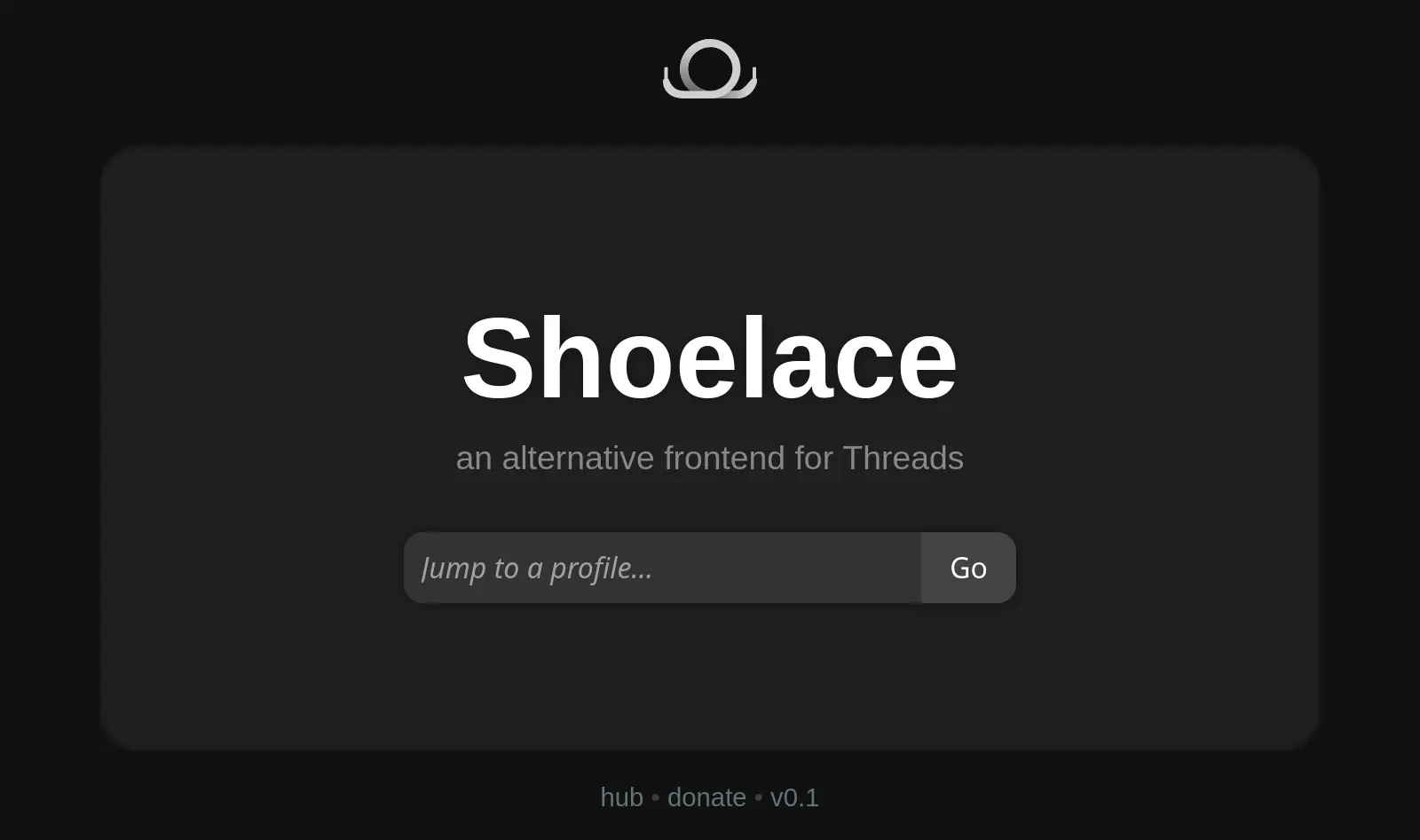   The official public instance (at least for now) is located at https://shoelace.mint.lgbt/, if y'all wanna try it out. There's also instructions to deploy it inside the docs you can find in the README. Hope y'all enjoy it!
 cockpit-project.org
cockpit-project.org
Cockpit shows some PCP metrics but Grafana is nicer and better suited for time-series data.
 klarasystems.com
klarasystems.com
Describes the zrep script that uses zfs send and receive over network to keep a read-only copy of snapshots up-to-date.
 github.com
github.com
A simple self-hosted workout/activity tracker.
 meshtastic.org
meshtastic.org
An open source, off-grid, decentralized, mesh network built to run on affordable, low-power devices
Imagine I want to create a local internet for my community. Things that will be useful, helpful, and easy to use. Ideally, setup/maintenance would be relatively straightforward too, since I will for the time being at least be running this solo. So if I'm going to be the community SysAdmin but also have free choice of what to run, what would you think about the following ideas of things to share with people? -Radarr (movies) -Sonarr (TV shows) -Lidarr (music) -Calbire (or Readarr I guess, for books) -Jellyfin (media streaming) -Nextcloud (file sharing) And then as for me myself, I'd probably set up a Graylog Open instance to aggregate issues, and have a couple of separate physical servers for these different things. Do you think that would be helpful/useful/fun for getting community members to think about the potential of hyperlocal internet? Alternatively, are folks doing this already? If so, how do you have this kind of thing set up? If I'm dreaming big, I would also love to set up a mesh relay to offer this intranet stuff to the community. I'm hoping that these ideas are solarpunk enough and selfhosting enough to warrant community feedback. Basically, I guess, are there any other community SysAdmins out there doing this kind of work? Thanks for your time.
 zoraxy.arozos.com
zoraxy.arozos.com
cross-posted from: https://slrpnk.net/post/8966140 Zoraxy describes itself as: > "General purpose request (reverse) proxy and forwarding tool for networking noobs. Now written in Go!". Yet it seems to be packed with goodies and features, such as Geo-IP & Blacklist, ZeroTier controller integrated GAN, IP Scanner, Real Time Stats and even built in Uptime monitor. Addtionally, it can run via a single binary for those who don't want to rely on Docker. There is also an Unraid Template available from IBRACORP. Lastly the project is under the AGPL license 🌻 I also checked, and saw this was recommended on this community [9months ago](https://photon.slrpnk.net/post/slrpnk.net/1252339), but didn't seem to get much attraction then. Has anyone tried this yet? It seems like a good alternative to say NGINX proxy manager and am wondering if I should switch, but wanted to hear thoughts first! [Zoraxy's Github](https://github.com/tobychui/zoraxy) list the following features: ### Features - Simple to use interface with detail in-system instructions - Reverse Proxy (HTTP/2) - Virtual Directory - WebSocket Proxy (automatic, no set-up needed) - Basic Auth - Alias Hostnames - Custom Headers - Redirection Rules - TLS / SSL setup and deploy - ACME features like auto-renew to serve your sites in http**s** - SNI support (one certificate contains multiple host names) - Blacklist / Whitelist by country or IP address (single IP, CIDR or wildcard for beginners) - Global Area Network Controller Web UI (ZeroTier not included) - TCP Tunneling / Proxy - Integrated Up-time Monitor - Web-SSH Terminal - Utilities - CIDR IP converters - mDNS Scanner - IP Scanner - Others - Basic single-admin management mode - External permission management system for easy system integration - SMTP config for password reset # [Screenshots](https://github.com/tobychui/zoraxy/wiki/Screenshots) 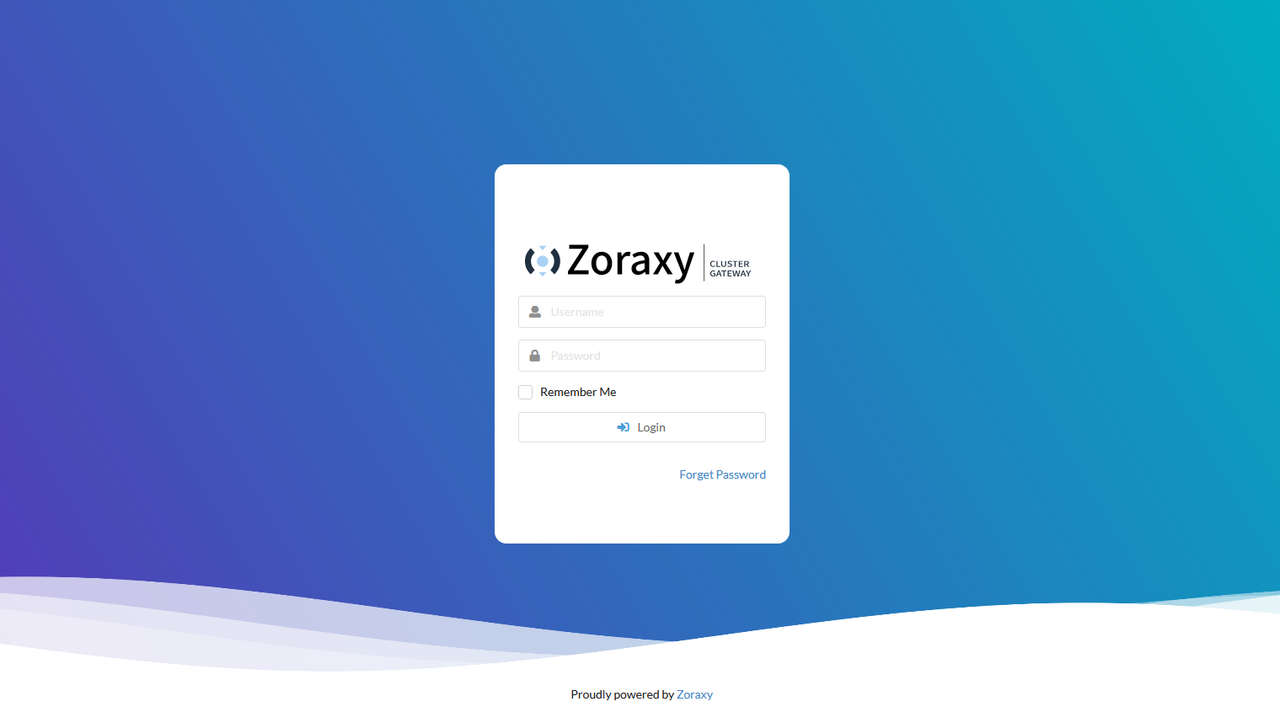 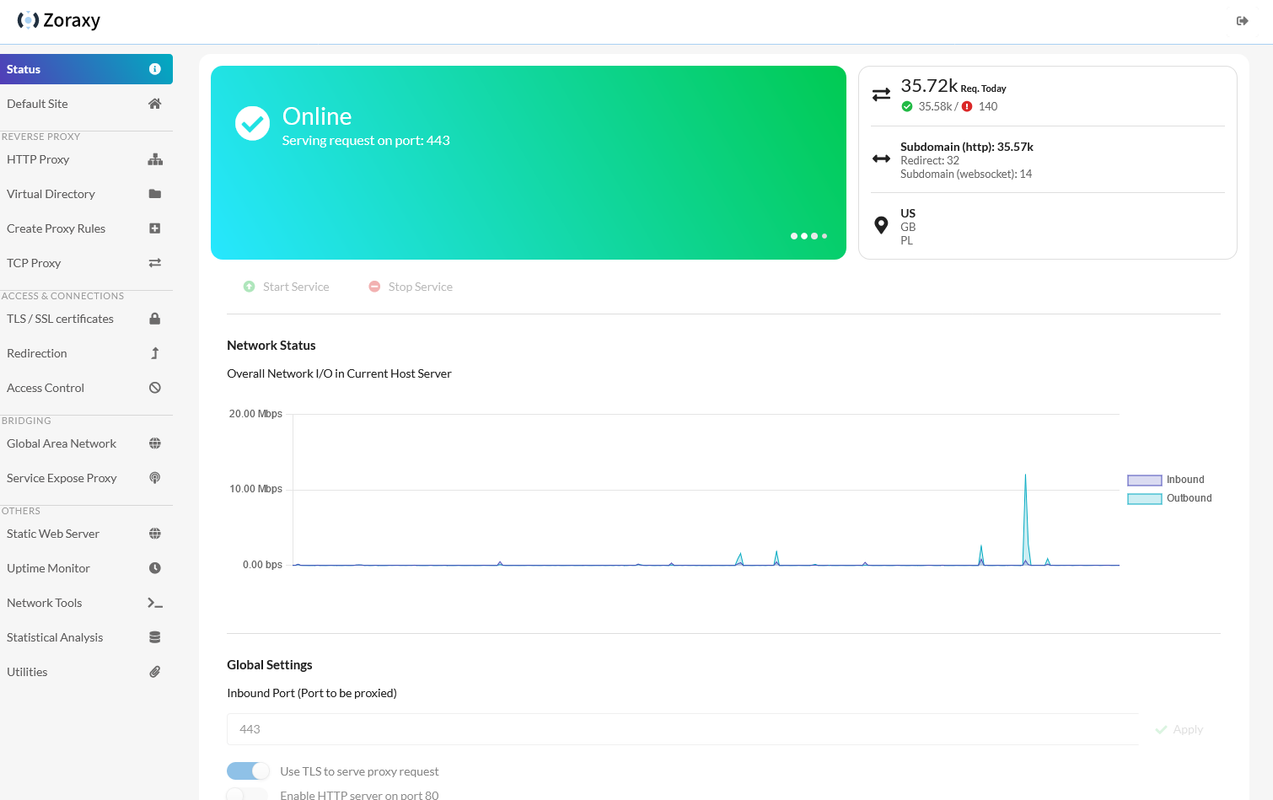 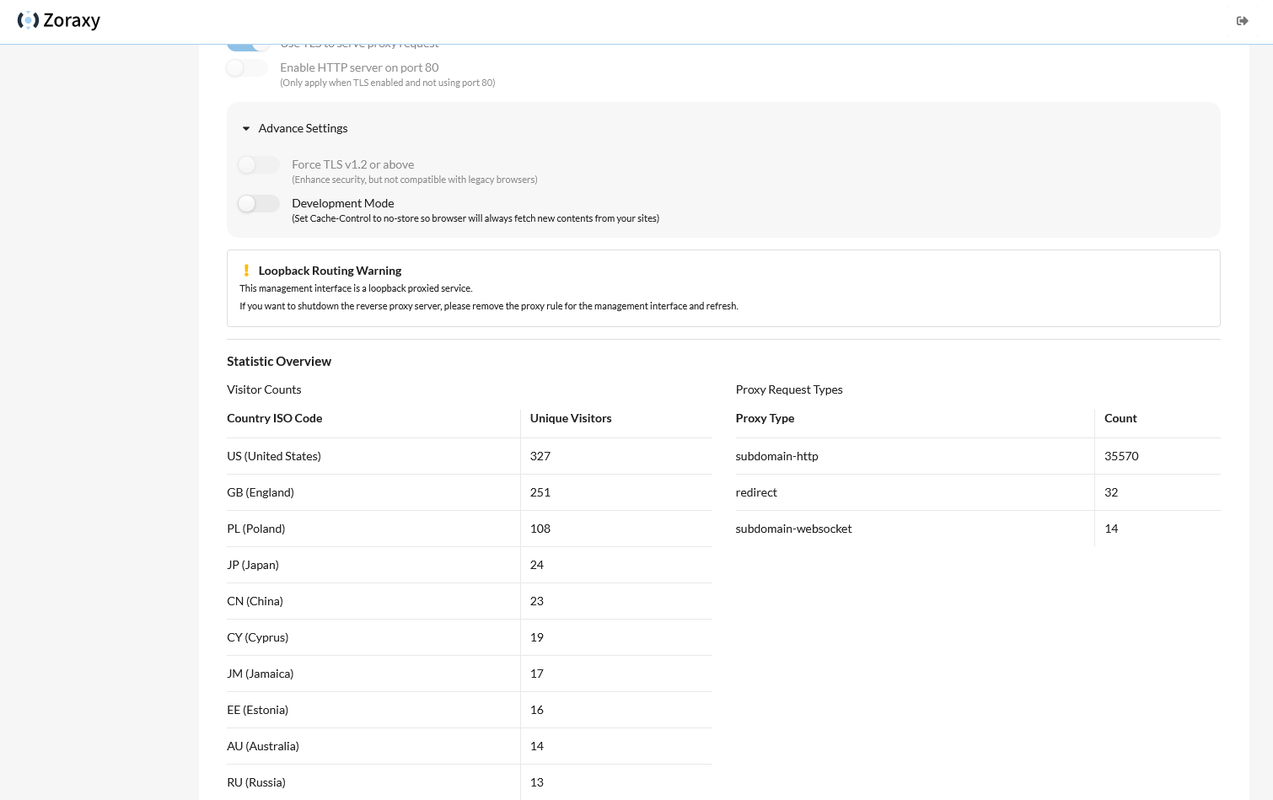 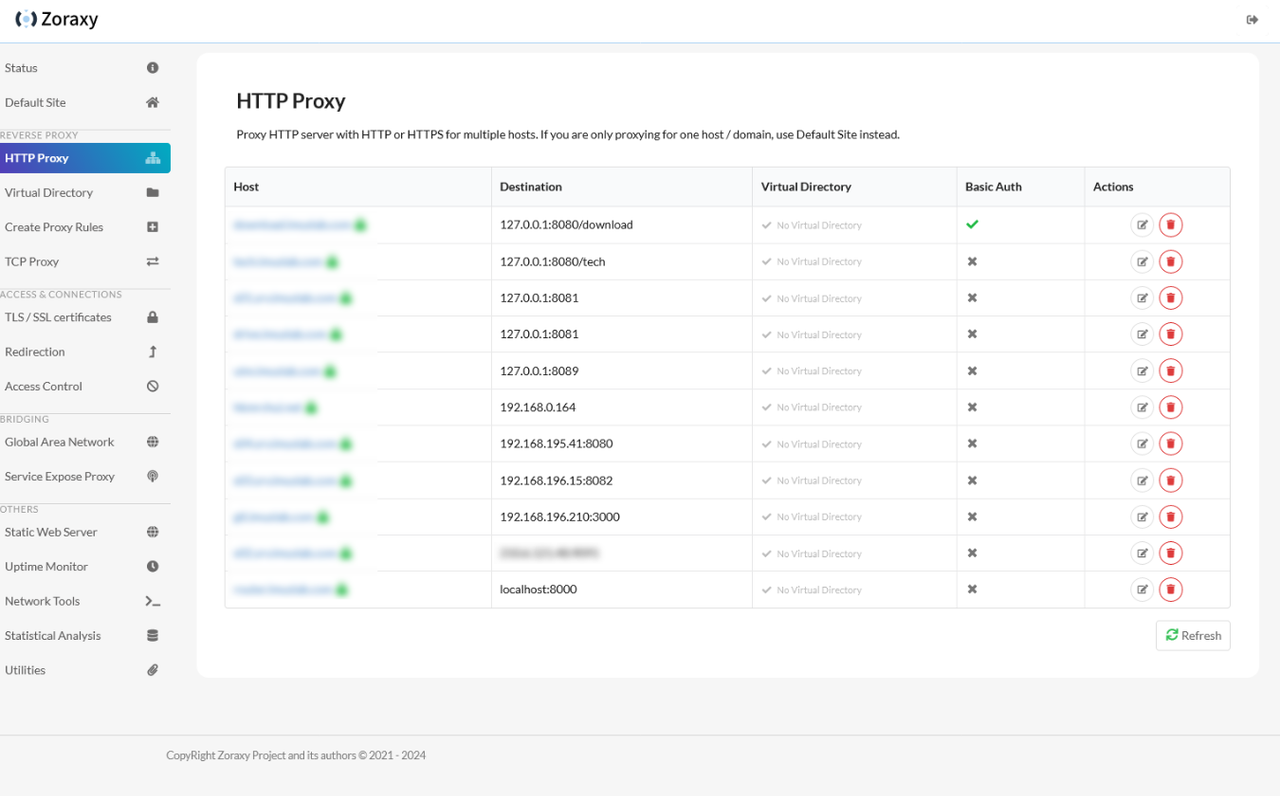 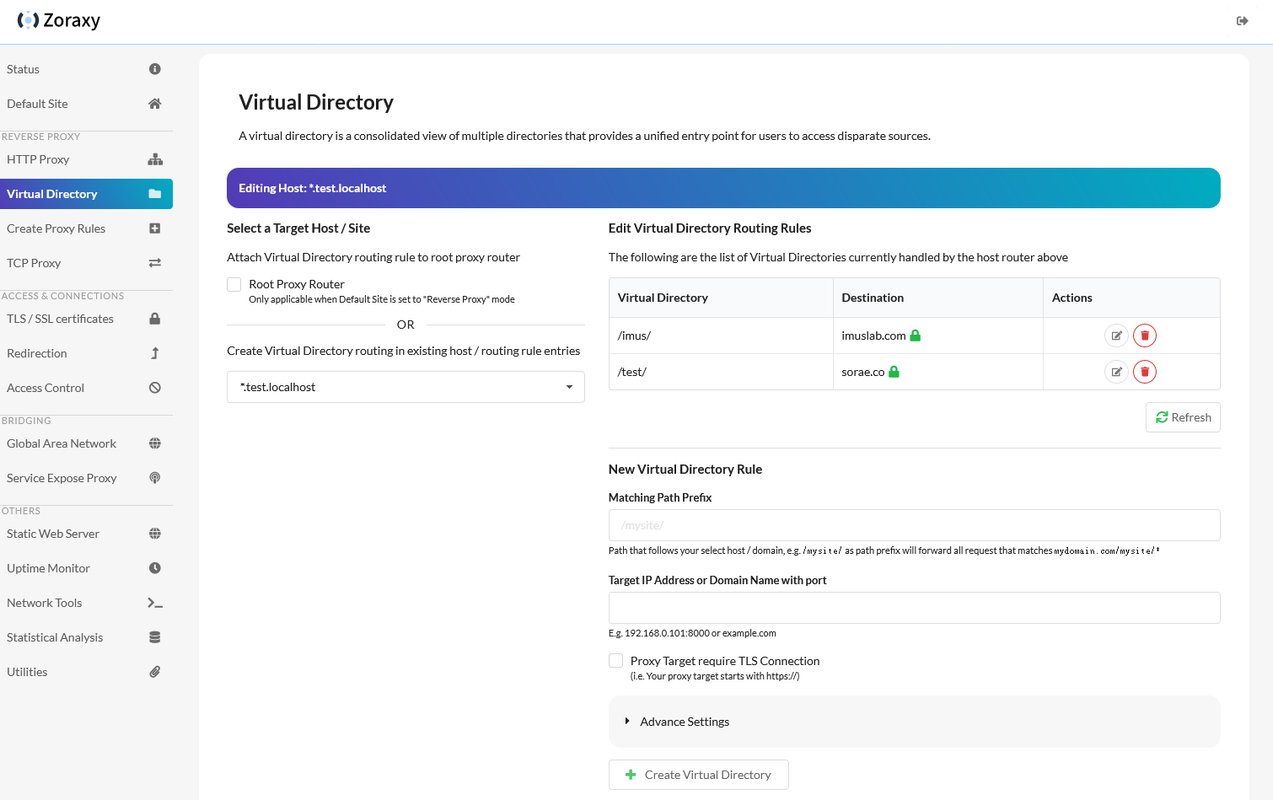 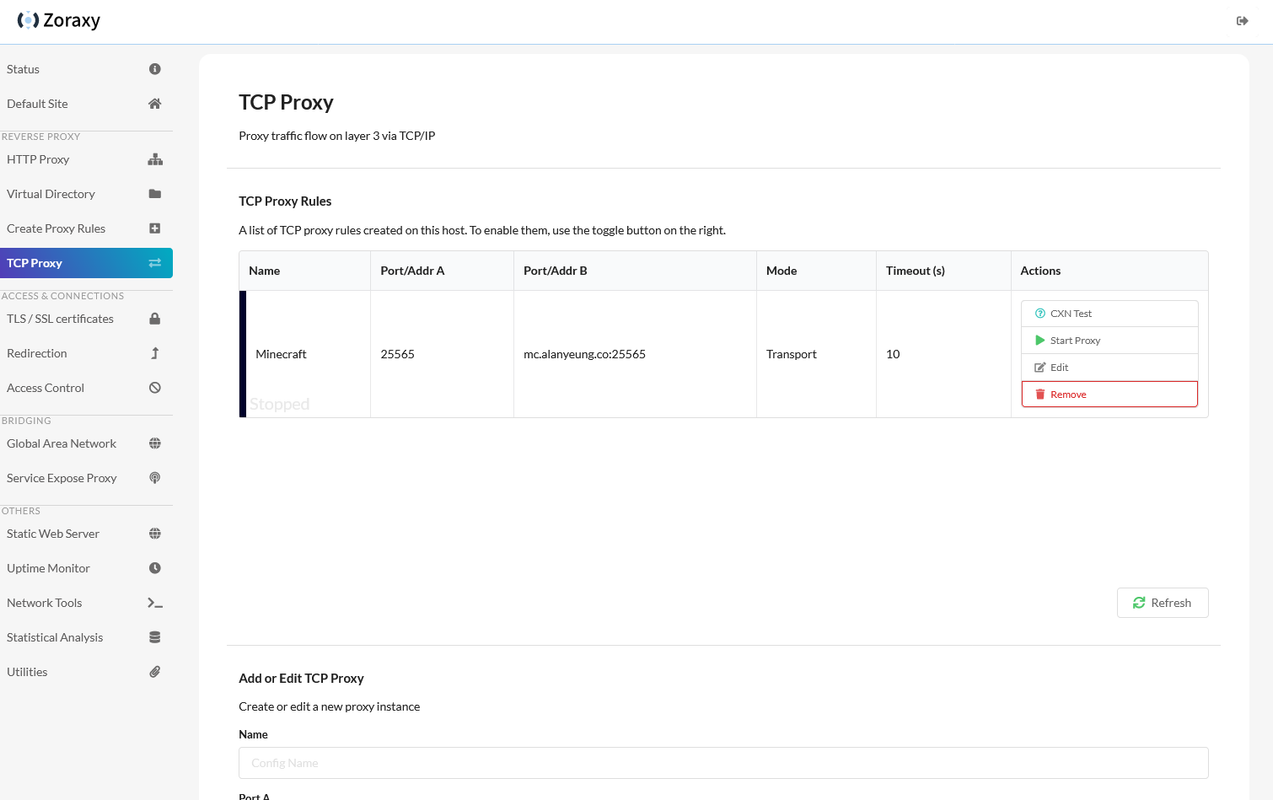 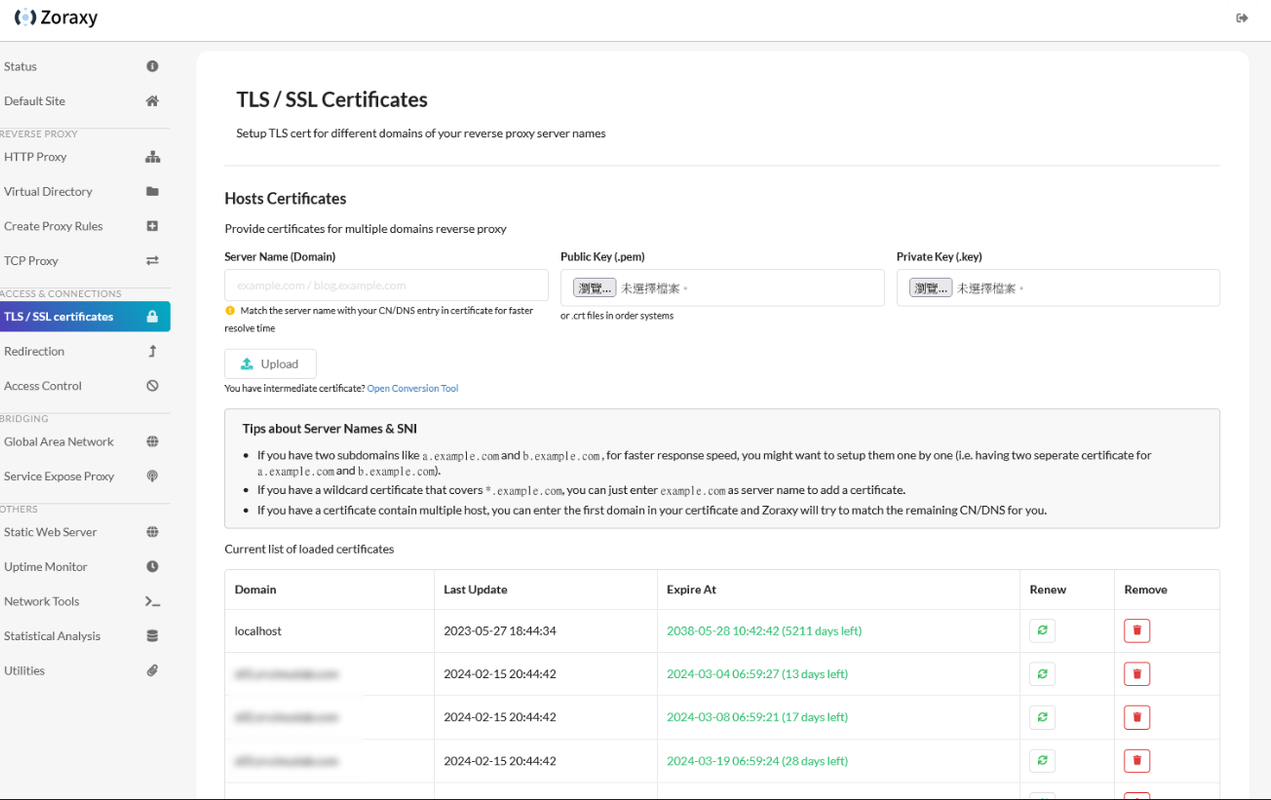 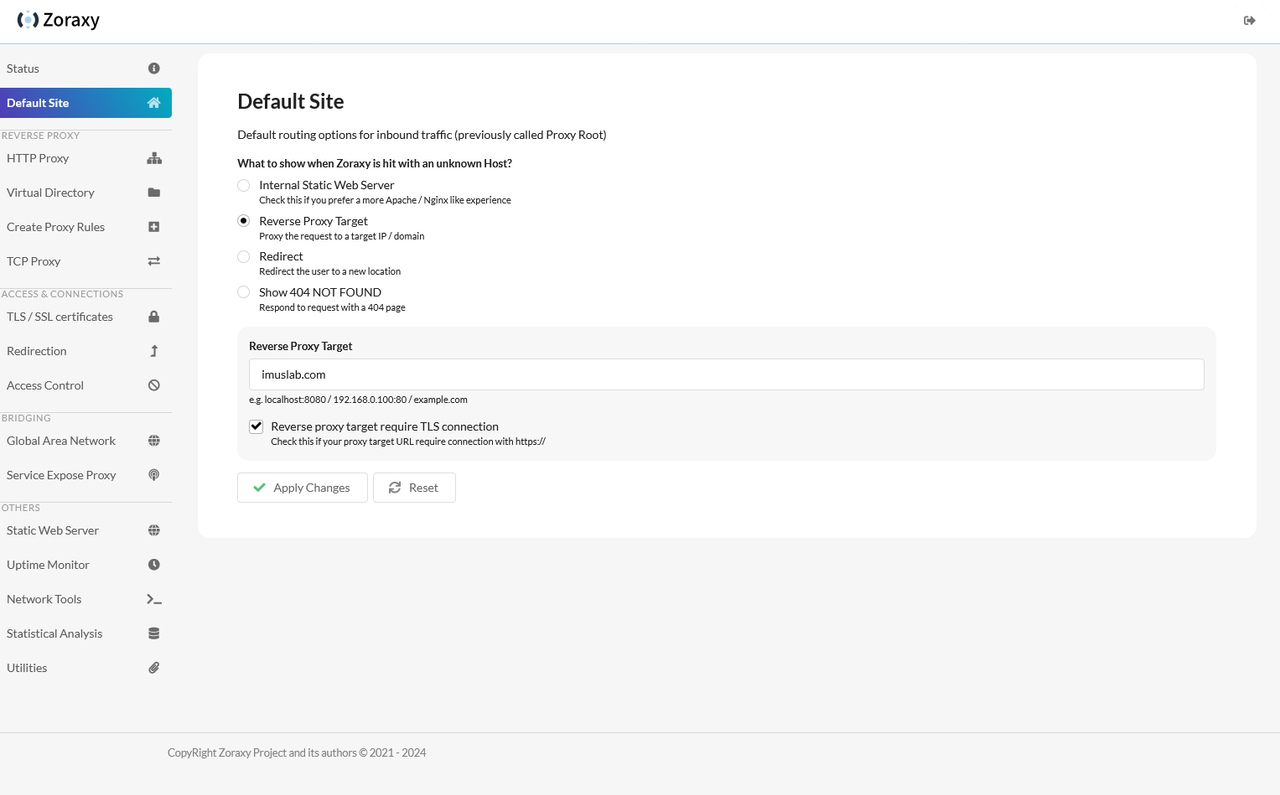 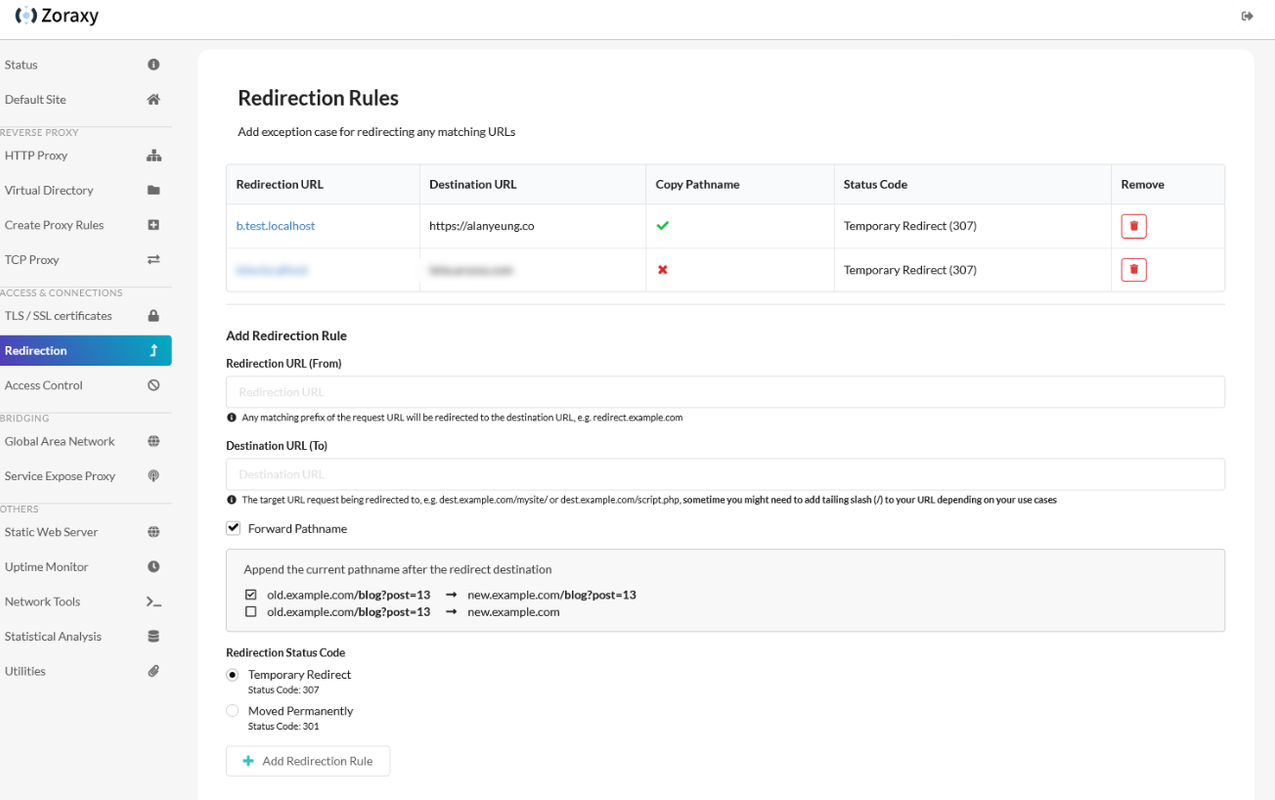 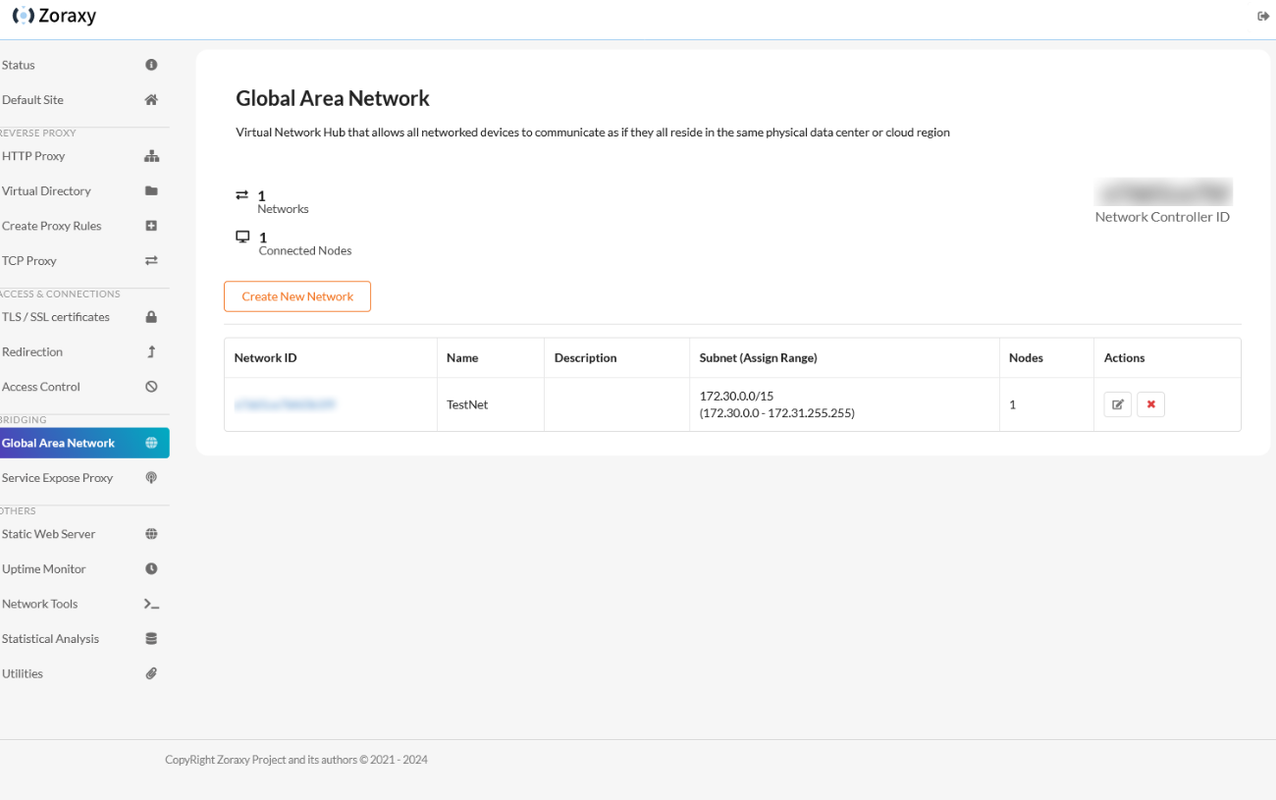  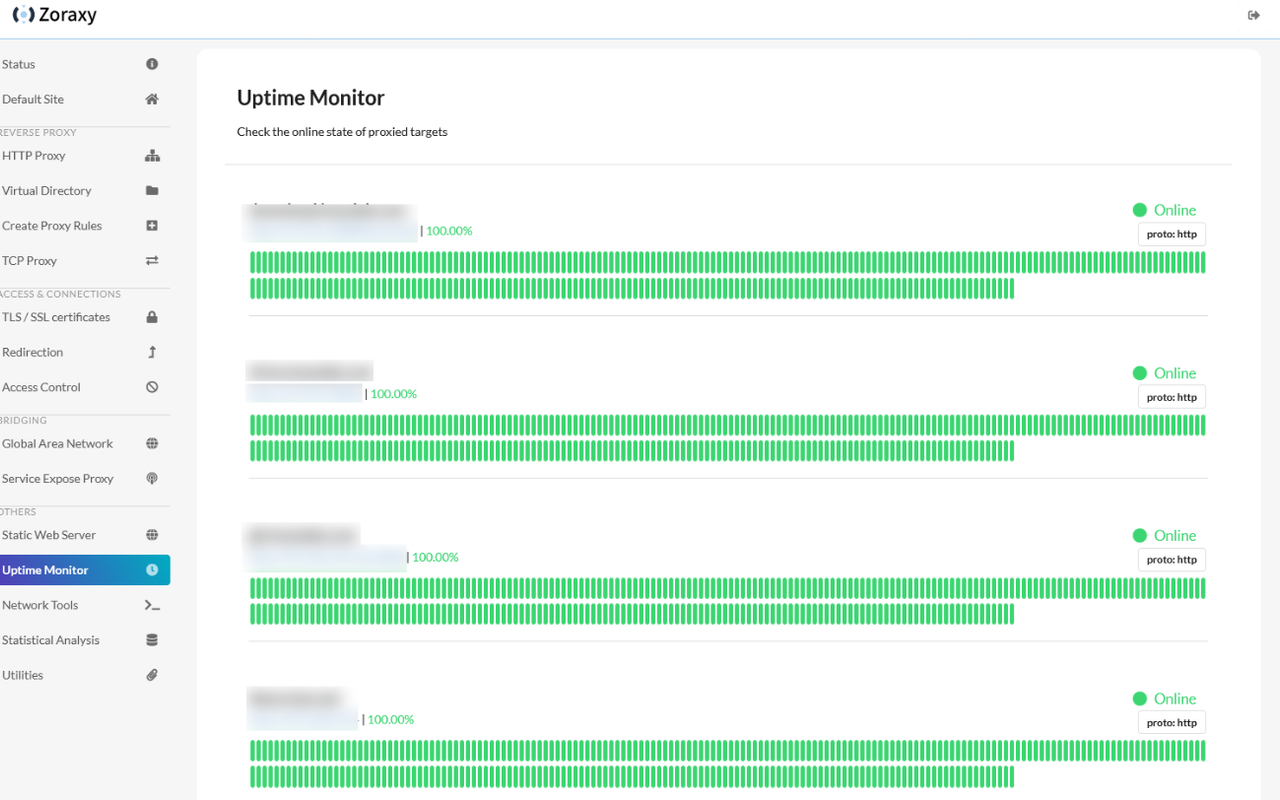 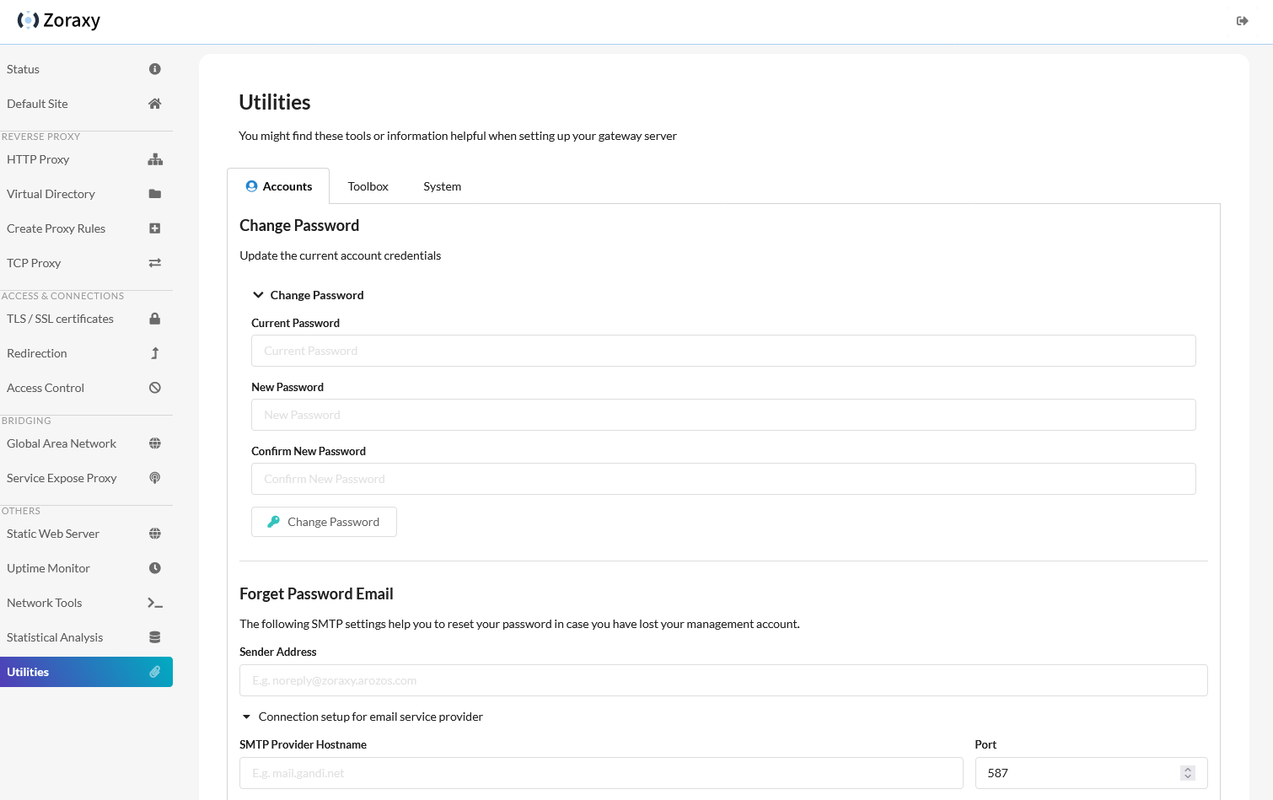 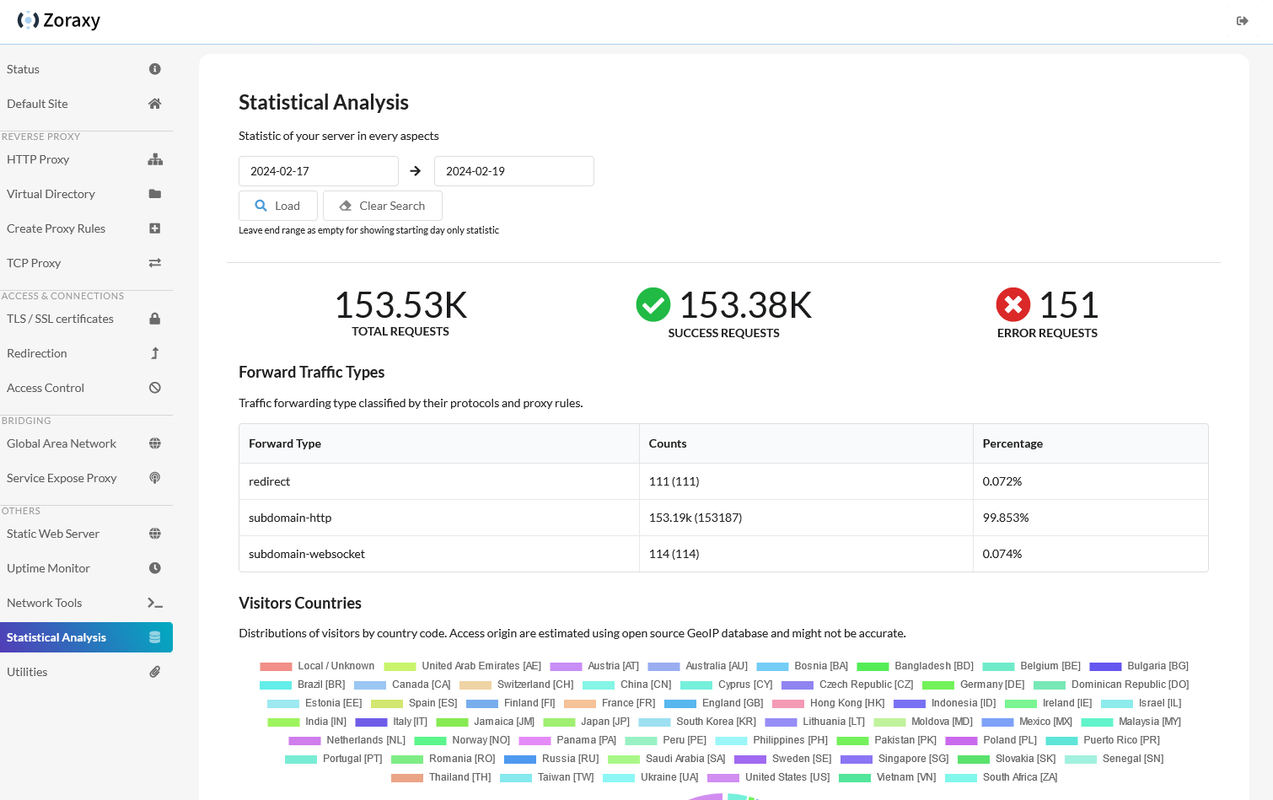 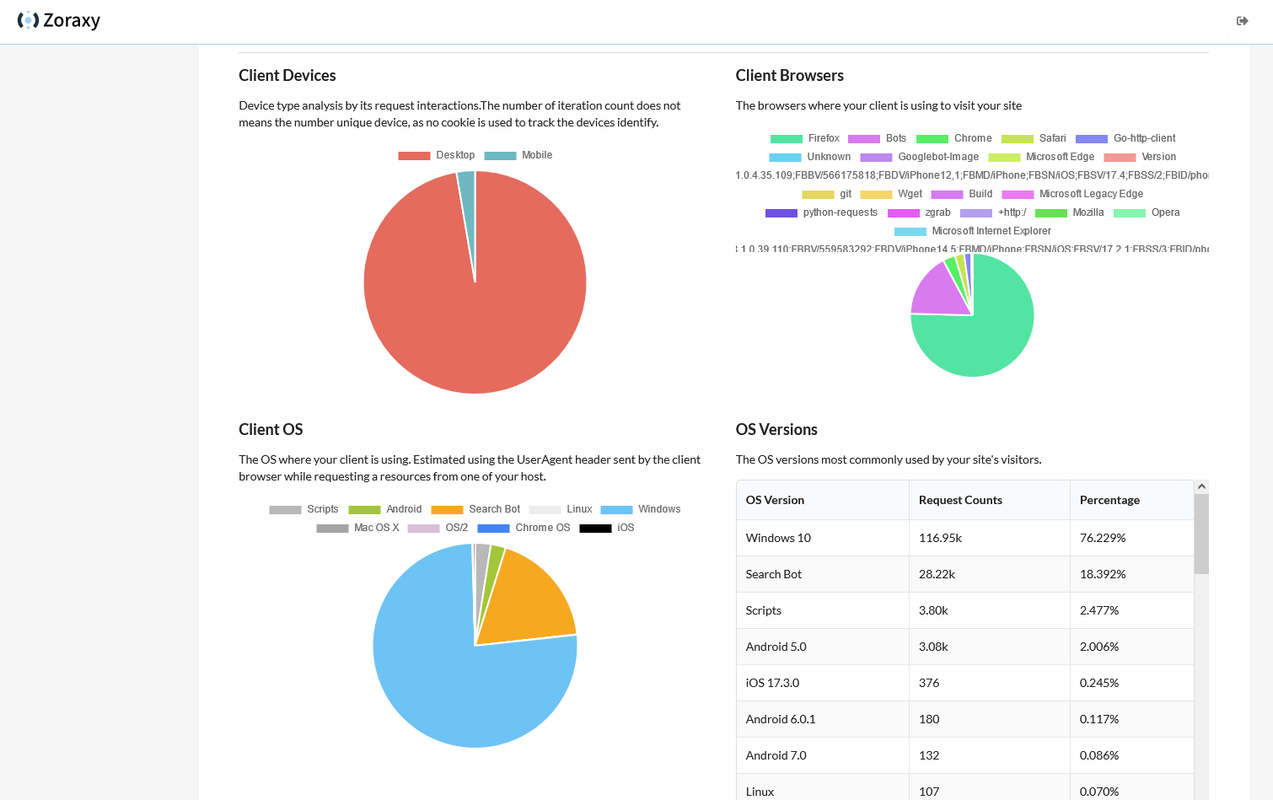 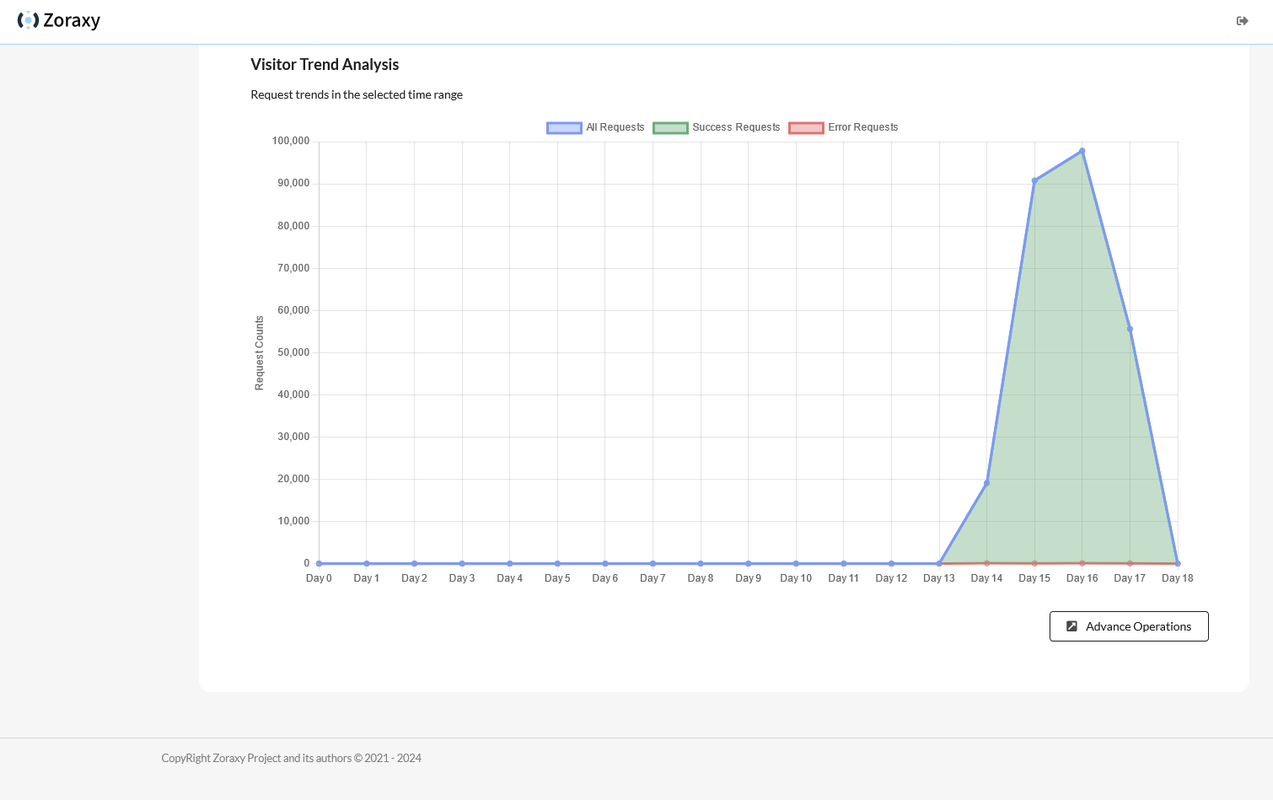 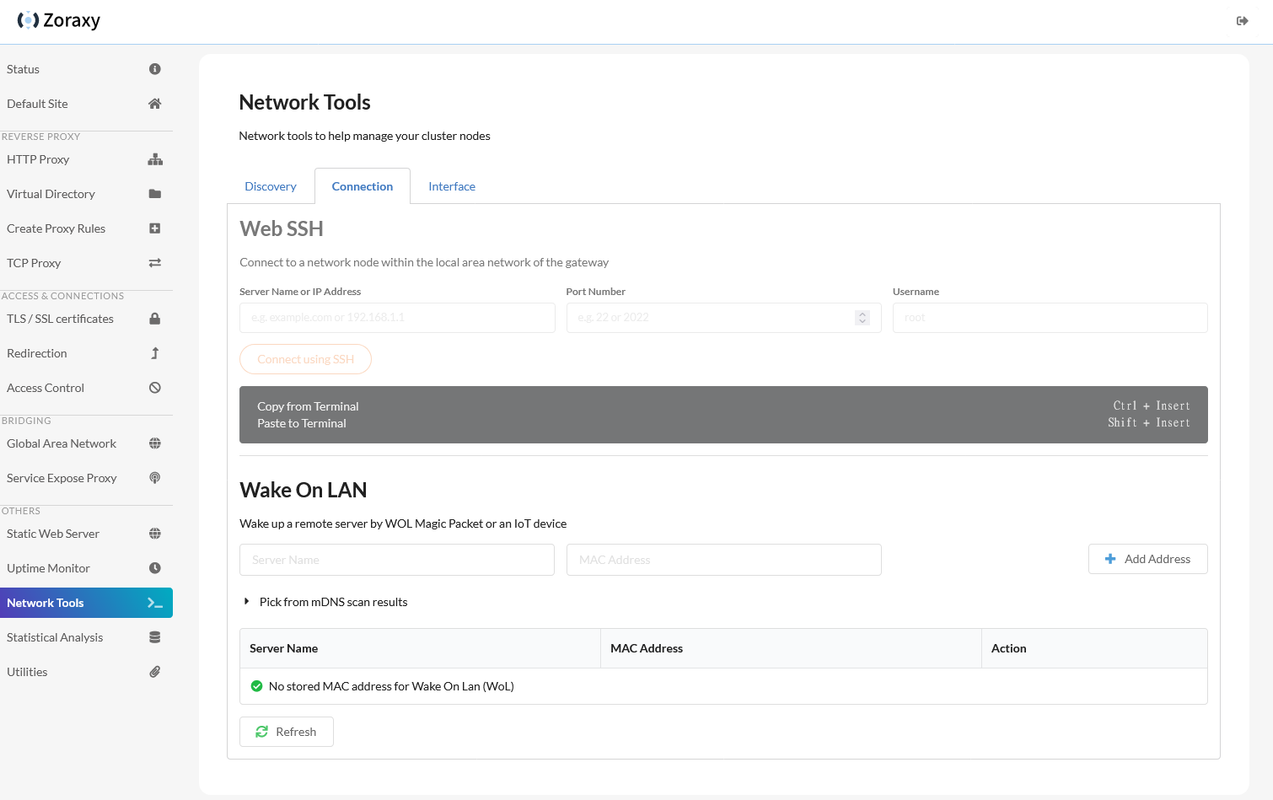 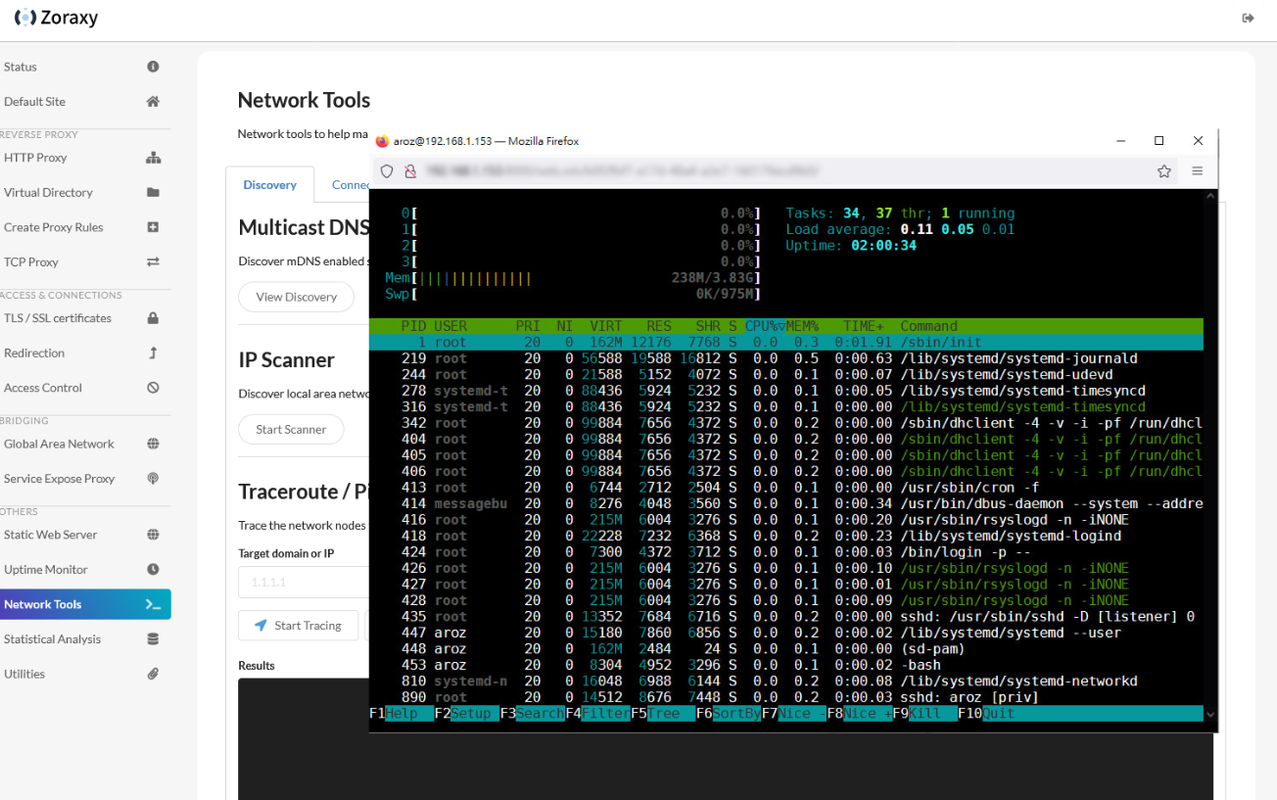
 codeberg.org
codeberg.org
> Eintopf is a calendar where one can publish events, groups and places. It is deployed at eintopf.info
 liliputing.com
liliputing.com
If you have tried several self-hosting platforms like the above, please share your experience. I have so far only tried Yunohost and I'm quite satisfied. It does help to read French, sometimes solutions can be hidden in French forum topics. Coop Cloud seems to be docker-based, as far as I understand, and I just never managed to wrap my head around containers and why I should use them. Not sure though if Yunohost does container stuff in the background that I am not aware of? I've just started to use my Yunohost installation for some small scale collaborative stuff so I really hope it scales (to probably not more than 100 users) and keeps running smoothly. Starting to host common stuff is a little more scary than just fucking up my own private files.
 karrot.world
karrot.world
>Karrot is a free and open-source tool for grassroots initiatives and groups of people that want to coordinate face-to-face activities on a local, autonomous and voluntary basis. >It is designed in ways to enable community-building and support a more transparent, democratic and participatory governance of your group.
cross-posted from: https://slrpnk.net/post/8297248 > Recommendations for RaspberryPI 4B case? > > Hiya, so I have a spear RaspberryPI 4b, and want to selfhosted HomeassistantOS on it, heard there were some advantages of running the full OS and not just the docker container. However I currently don't have a casing for it. > > So: Is there anything I should know before buying one? Does the rpi get very hot running HomeassistantOS? E.g. Do I need one of these cases with a fan built into it? Or is it OK without? > > Appreciate any tips or suggestions! however I will not order anything from Amazon or Ali Express or any of those type of websites. Feel free to recommend via them though as I might find the same case elsewhere, perhaps. > > 🌻
Also see their [hardware recommendations](https://homenetworkguy.com/review/opnsense-hardware-recommendations/).










